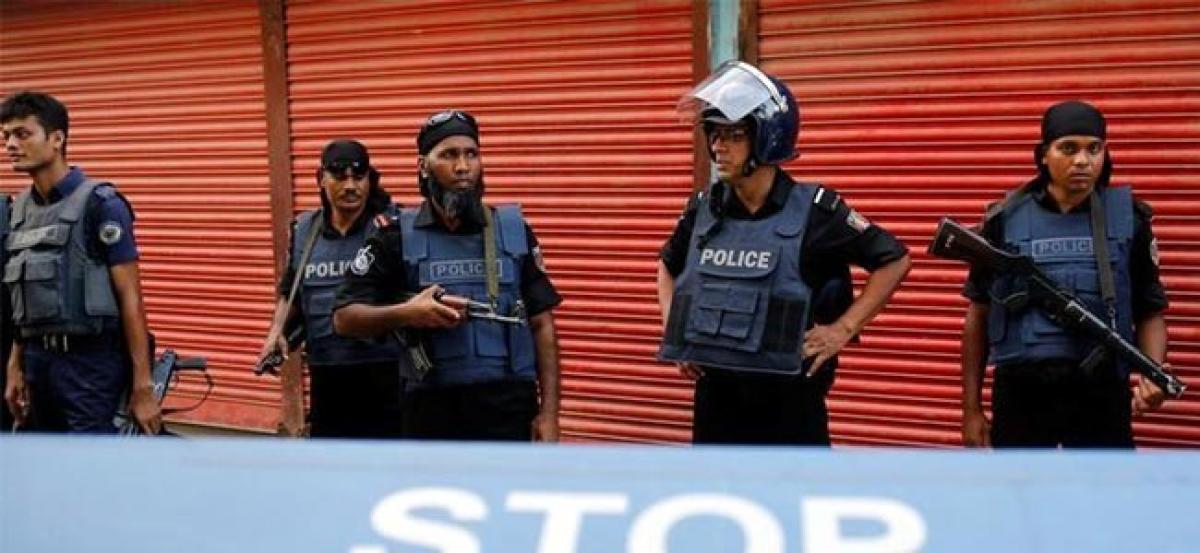Live
- Vikrant Massey’s The Sabarmati Report Gets Tax-Free Status in Chhattisgarh
- Indonesia's President Prabowo Praises Jaishankar At G20 Summit; Modi Discusses Bilateral Ties
- Indians lead advanced AI usage globally, early AI adoption saving them 2 hrs a day
- Allu Arjun’s ‘Pushpa: The Rise’ Hindi Version to Re-Release on November 22
- Atishi inspects driverless train for Phase 4 of Delhi Metro
- Ram Naik casts vote in Goregaon, expresses confidence in BJP-led alliance
- AR Rahman and Wife Saira Announce Separation After 28 Years of Marriage
- Holiday declared in schools as heavy rain lashes five TN districts
- BJP protests against AAP govt, distributes masks
- BGT 2024-25: Kohli is passionate about the way that he plays, says Ponting









